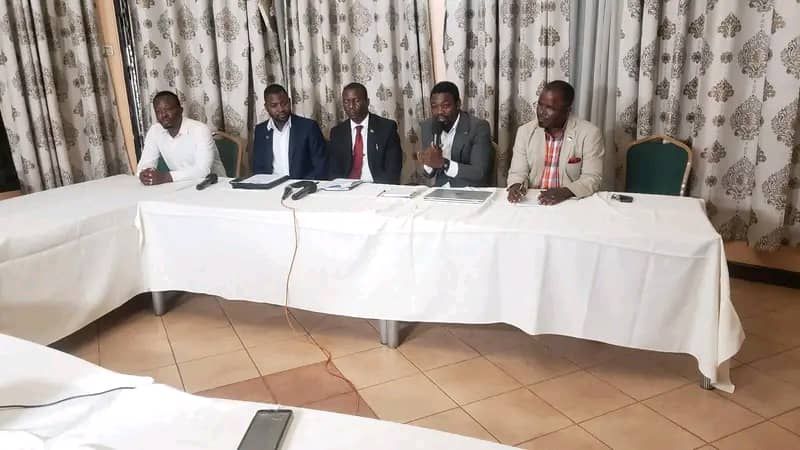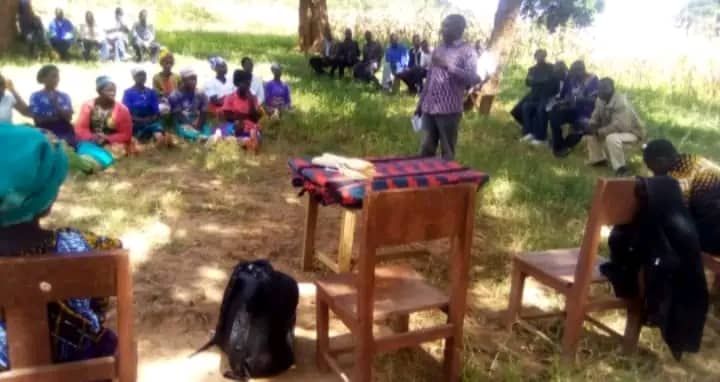By Burnett Munthali
Keltron Electronics, an Indian computer manufacturing company, has announced plans to establish a manufacturing and assembly plant in Malawi.
India Trade Commissioner Sunil Hukumatray Rajdev made the announcement on Thursday during the Malawi-India Business Dialogue in Lilongwe.
Rajdev said Keltron Electronics is a reputable company owned by the Indian government, manufacturing well-known computers in India, including Cocunics computers, which are widely used by government agencies and citizens in India.

He said the company is currently finalizing registration processes in the country before setting up its plant.
Speaking on behalf of the Minister of Trade at the Malawi-India Business Dialogue, Minister of Natural Resources Dr. Michael Usi urged Indian investors, who have been present in the country since May 6, 2024, to make meaningful investments in the country.
Manufacturing is the creation or production of goods with the help of equipment, labor, machines, tools, and chemical or biological processing or formulation.
It is the essence of the secondary sector of the economy.
The term may refer to a range of human activity, from handicraft to high-tech, but it is most commonly applied to industrial design, in which raw materials from the primary sector are transformed into finished goods on a large scale.
Such goods may be sold to other manufacturers for the production of other more complex products (such as aircraft, household appliances, furniture, sports equipment or automobiles), or distributed via the tertiary industry to end users and consumers (usually through wholesalers, who in turn sell to retailers, who then sell them to individual customers).
Throughout history, manufacturing has improved quality of life, enabled the growth of human populations and societies, and drives innovation through the efficient mass production of materials.
Investing is an effective way to put your money to work and potentially build wealth. Smart investing may allow your money to outpace inflation and increase in value.
The greater growth potential of investing is primarily due to the power of compounding and the risk-return tradeoff.
Advantages of foreign investment in Africa include higher profits and a stronger position and market access in global markets.
Reduced technological barriers to movement of goods, services and factors of production. Cost considerations,a desire to shift production to countries with lower unit labour costs.











